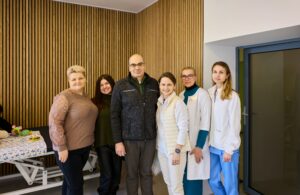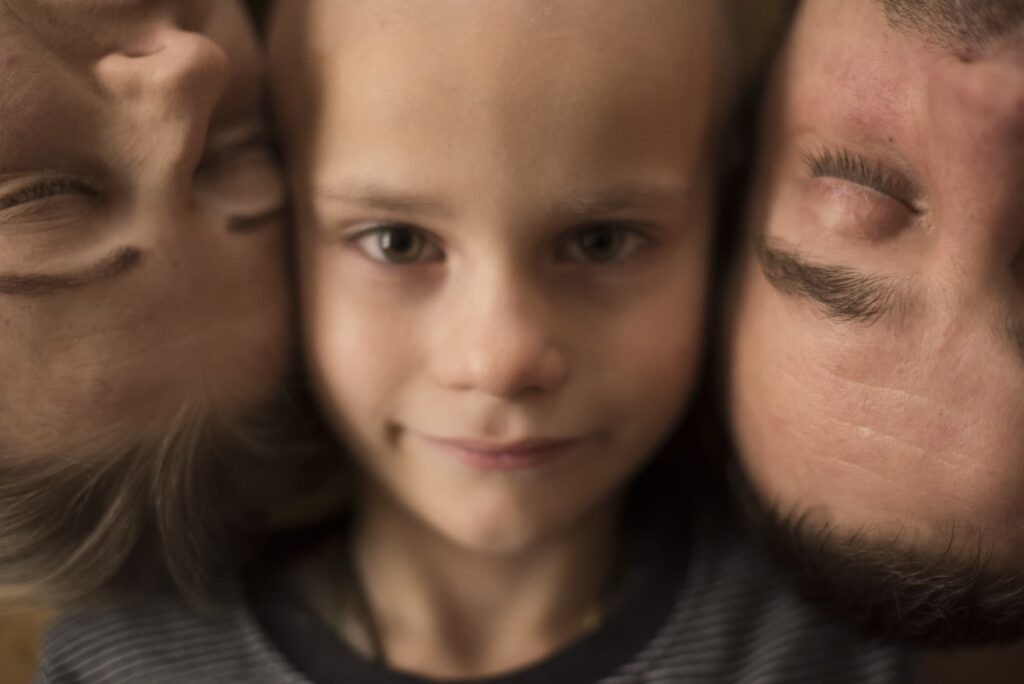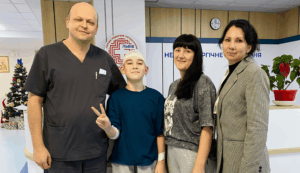
It is not uncommon to hear that a serious illness is a punishment for past actions. This is especially true for our colleagues who work in the wards and often communicate with families of children with cancer. When you are undergoing long-term treatment, it is difficult to immediately realize what is happening, there is a constant stream of different thoughts in your head. This is absolutely normal, because the brain is under stress and tries to consider all possible causes of the disease.
However, not all of them are true, as well as the fact that the diagnosis is a punishment for sins. Fears about this can be especially intensified by similar comments from others. During the period of realization of all the vicissitudes, we easily become vulnerable and can take it to heart.
Usually, all subjective judgments agree on one thing: if you get sick in adulthood, it means that you have done something wrong or had a lifestyle that is not subject to social standards. Paradoxically, no one even knows what these standards are, or who created them.
If a child is sick, the parents are to blame, and the child has "taken over" all the sins of the parents and is "responsible" for them. However, how can a child, especially at a young age, think like an adult and know that his or her parents are guilty of something?
Research has long proven that psychosomatics does not affect human physiology and does not prescribe the entire medical history. Mental and physical health are interconnected but do not have a significant impact on each other. Our behavior does not directly affect our susceptibility to specific diseases, and the occurrence of most of them cannot be predicted in life.
Cancer is an uncontrolled cell division, a kind of mutation caused by physical factors: genes, polluted environment, nutrition, etc.
Even if a person leads an active lifestyle, does not smoke, has no relatives with nicotine addiction, and eats well, he or she is not protected from cancer. The same applies to moral factors: past actions, resentment of others, and belonging or not belonging to a religion do not determine our physical condition. Whether you treated others well or badly, your social life does not affect the development of the disease.
There are things that are beyond our control and we cannot control them at 100%. We need to accept this and treat cancer patients with tolerance - they deserve support and care, not blame.
*The article was prepared on the occasion of Childhood Cancer Awareness Month #TurnToTheGoldenSide #ZaporukaGoesGold


